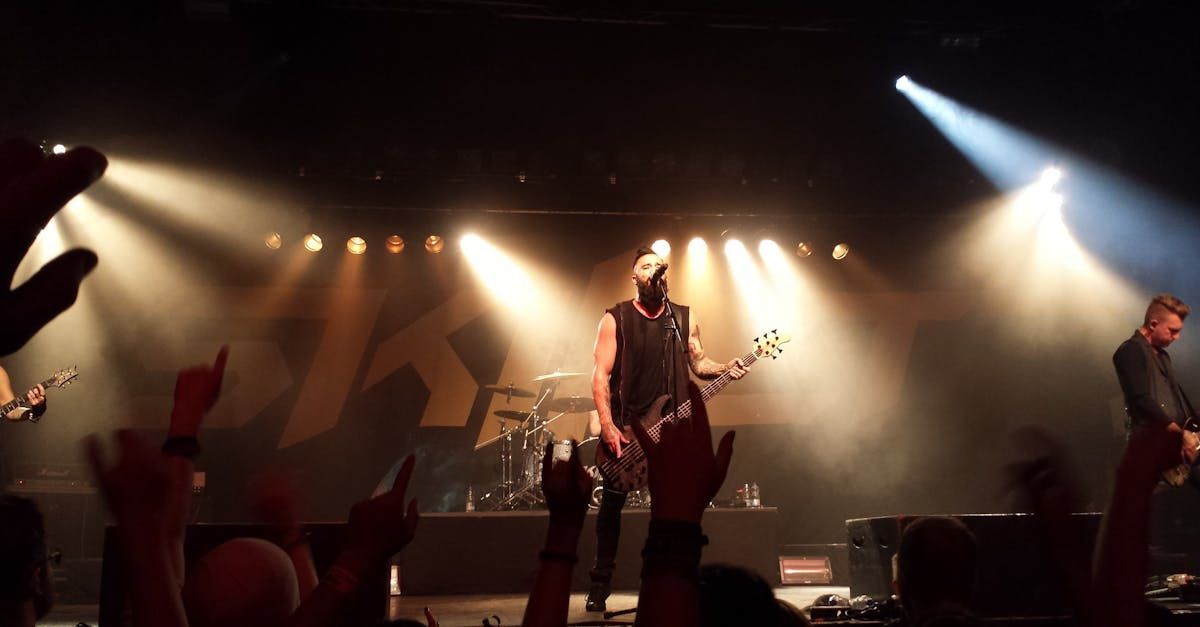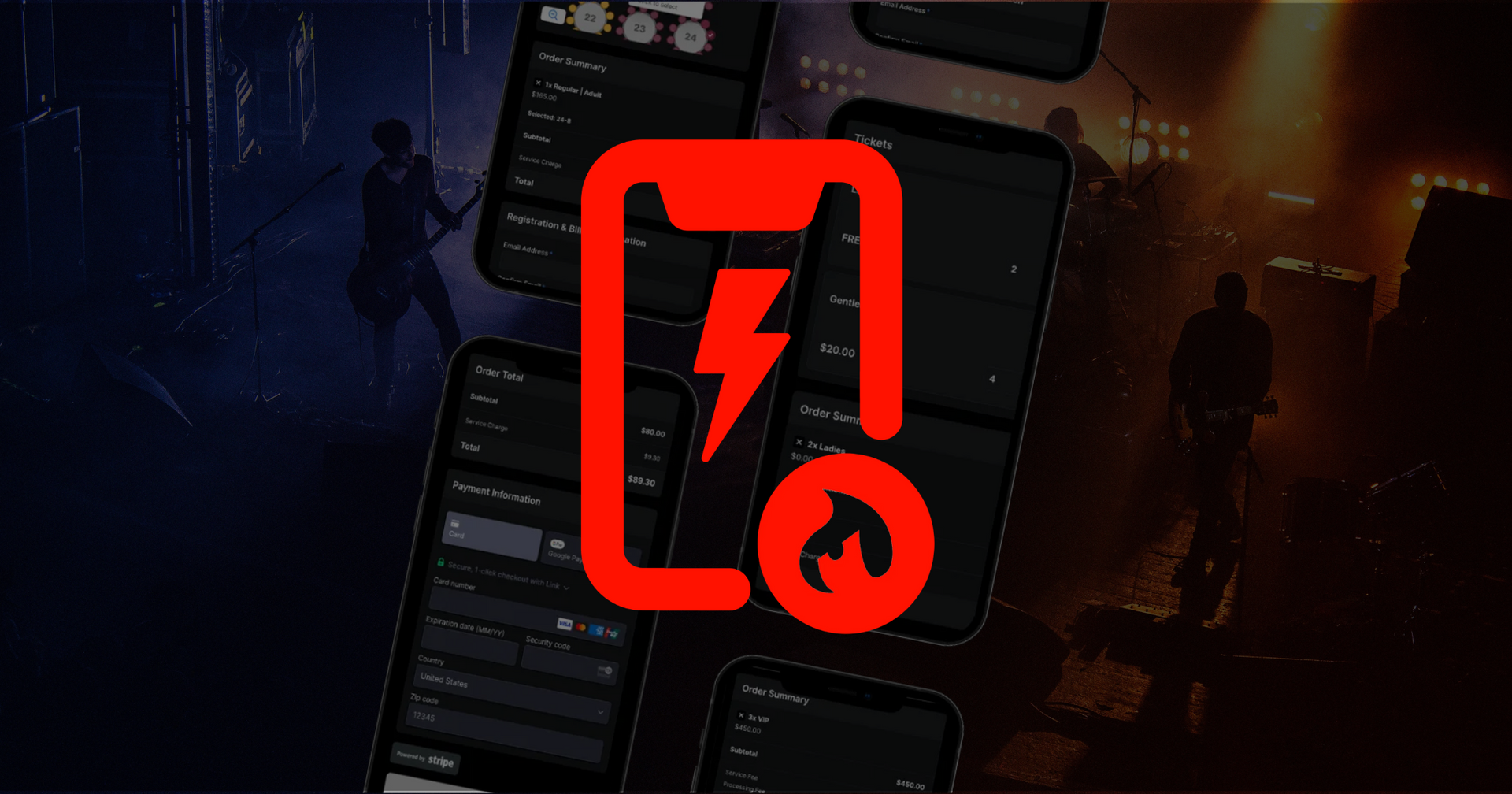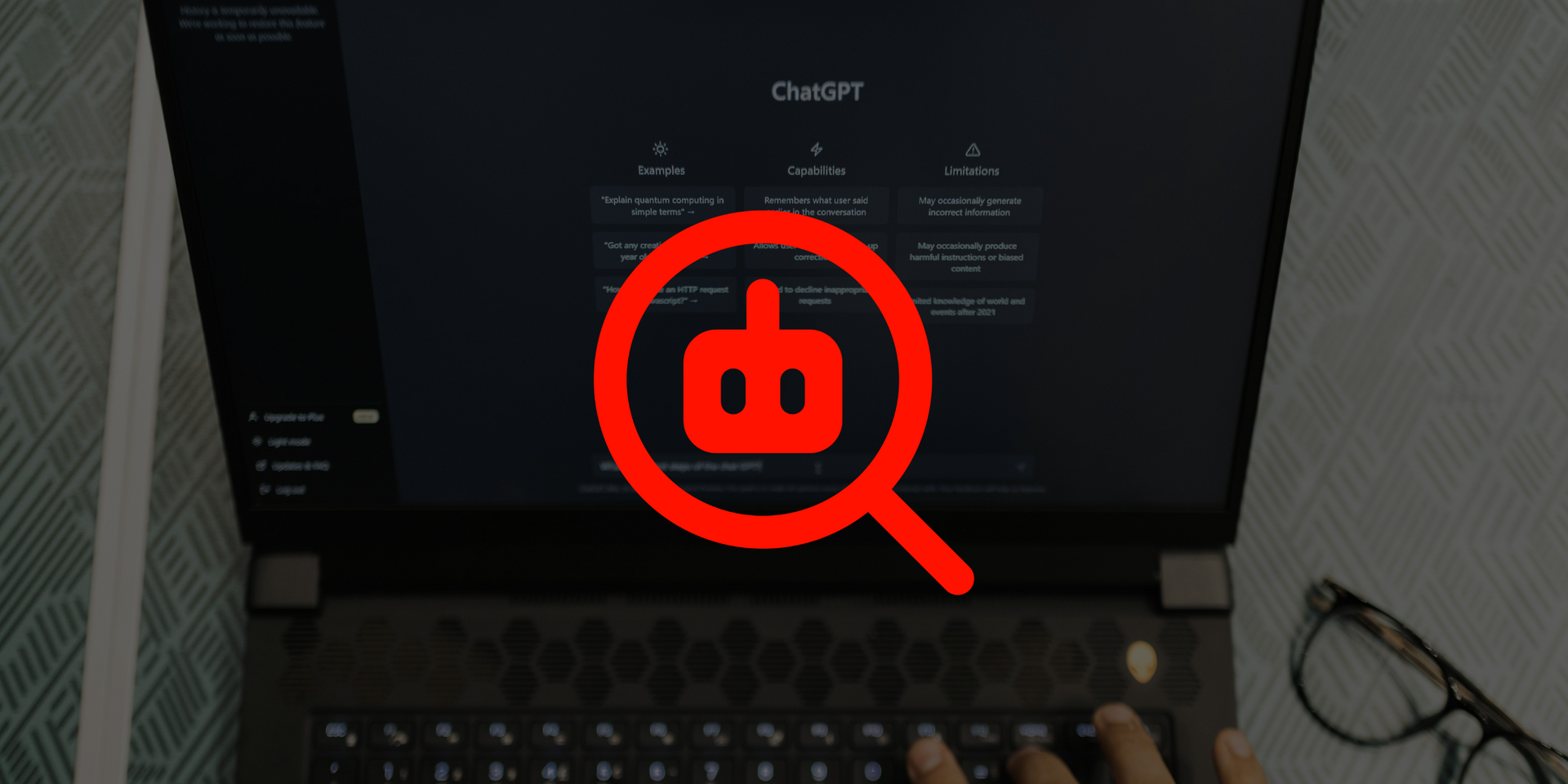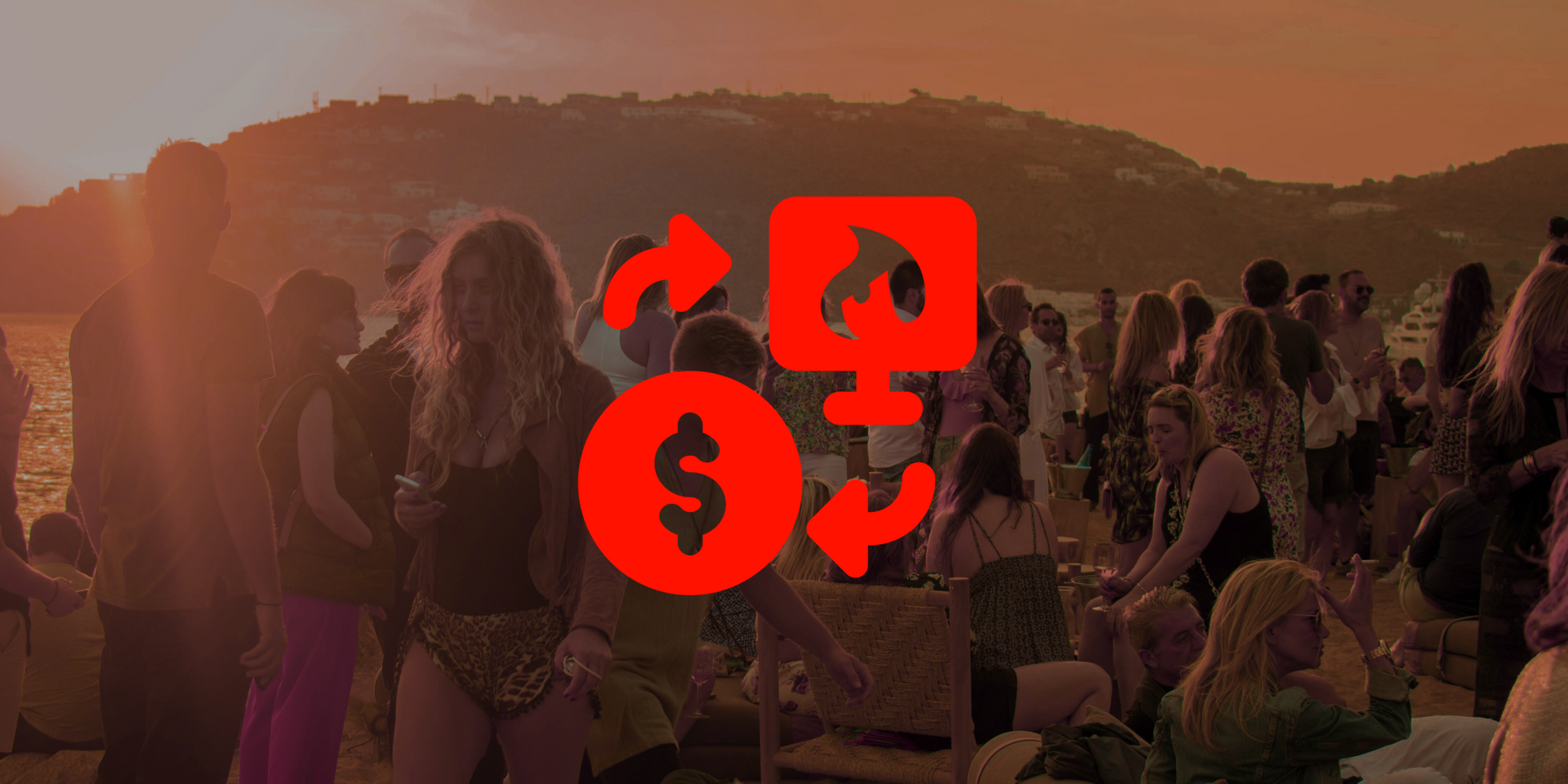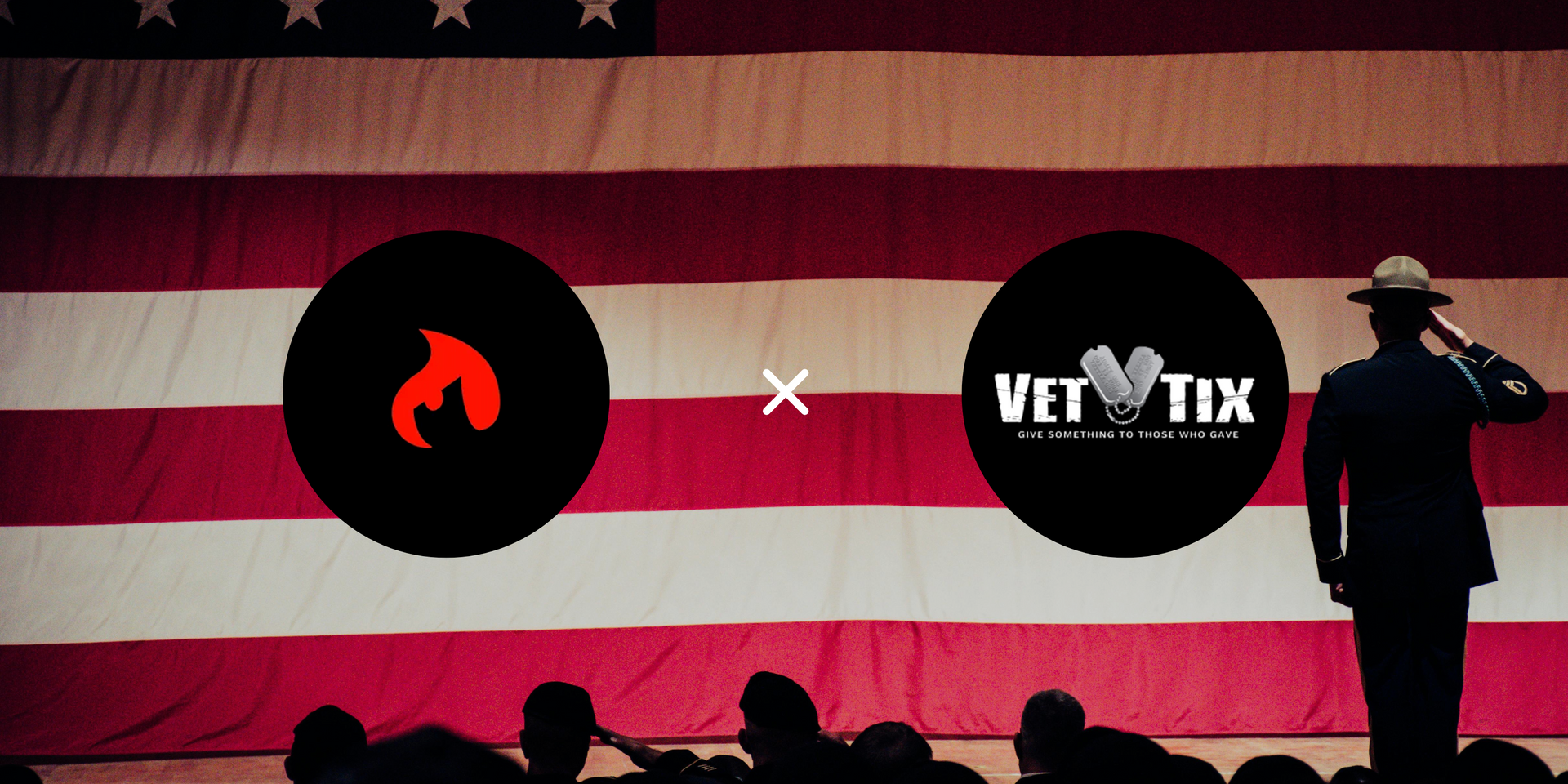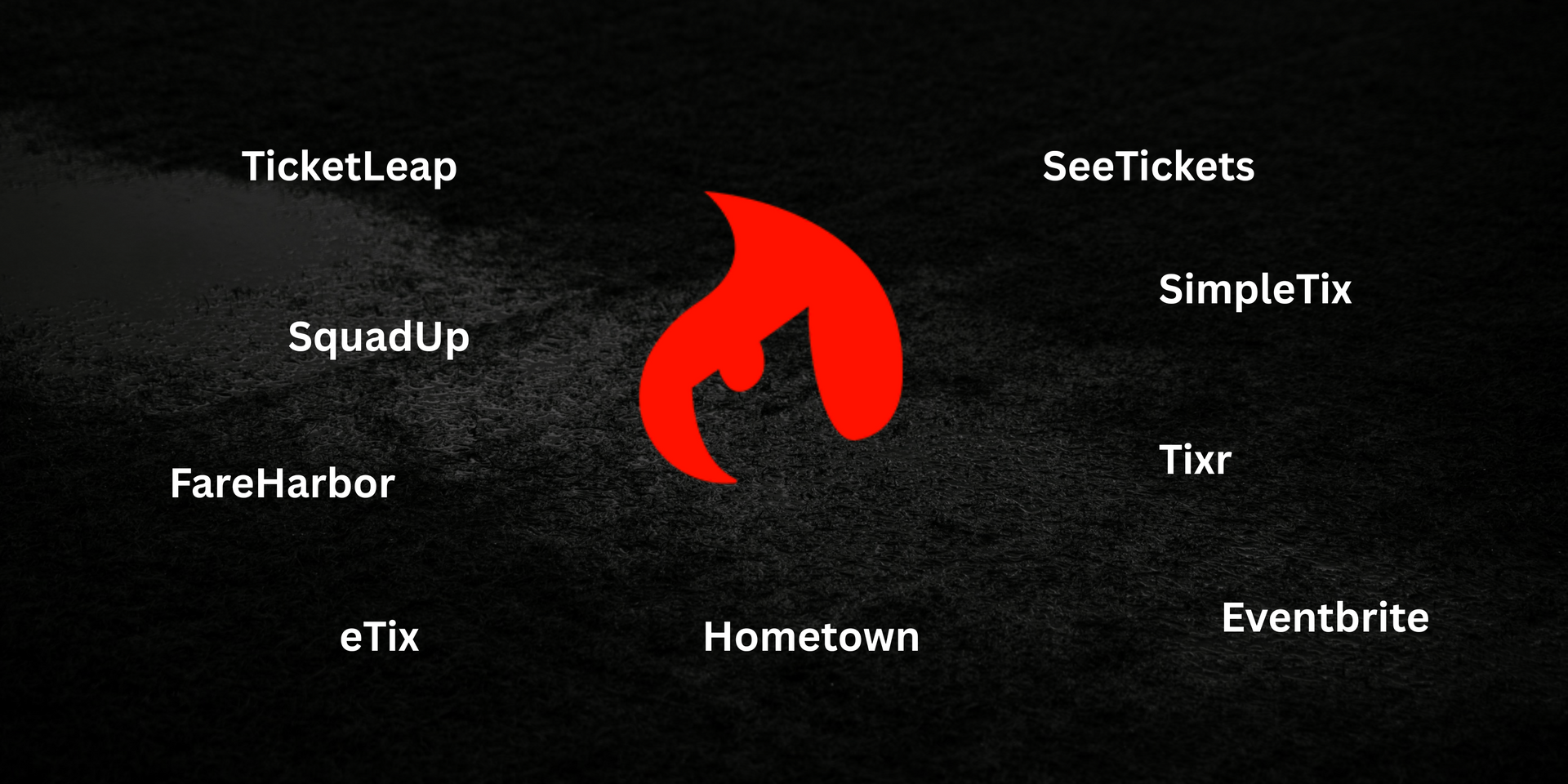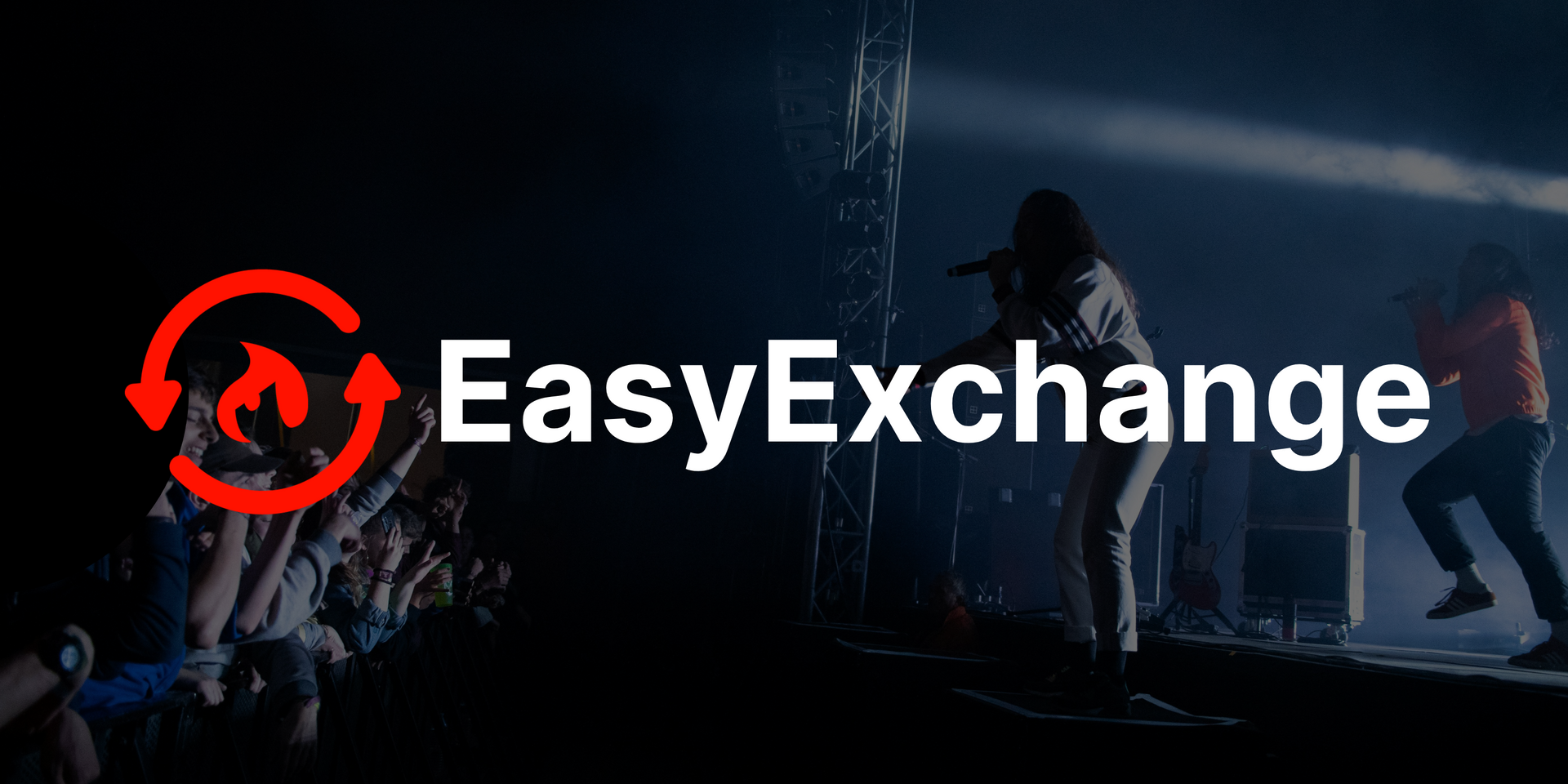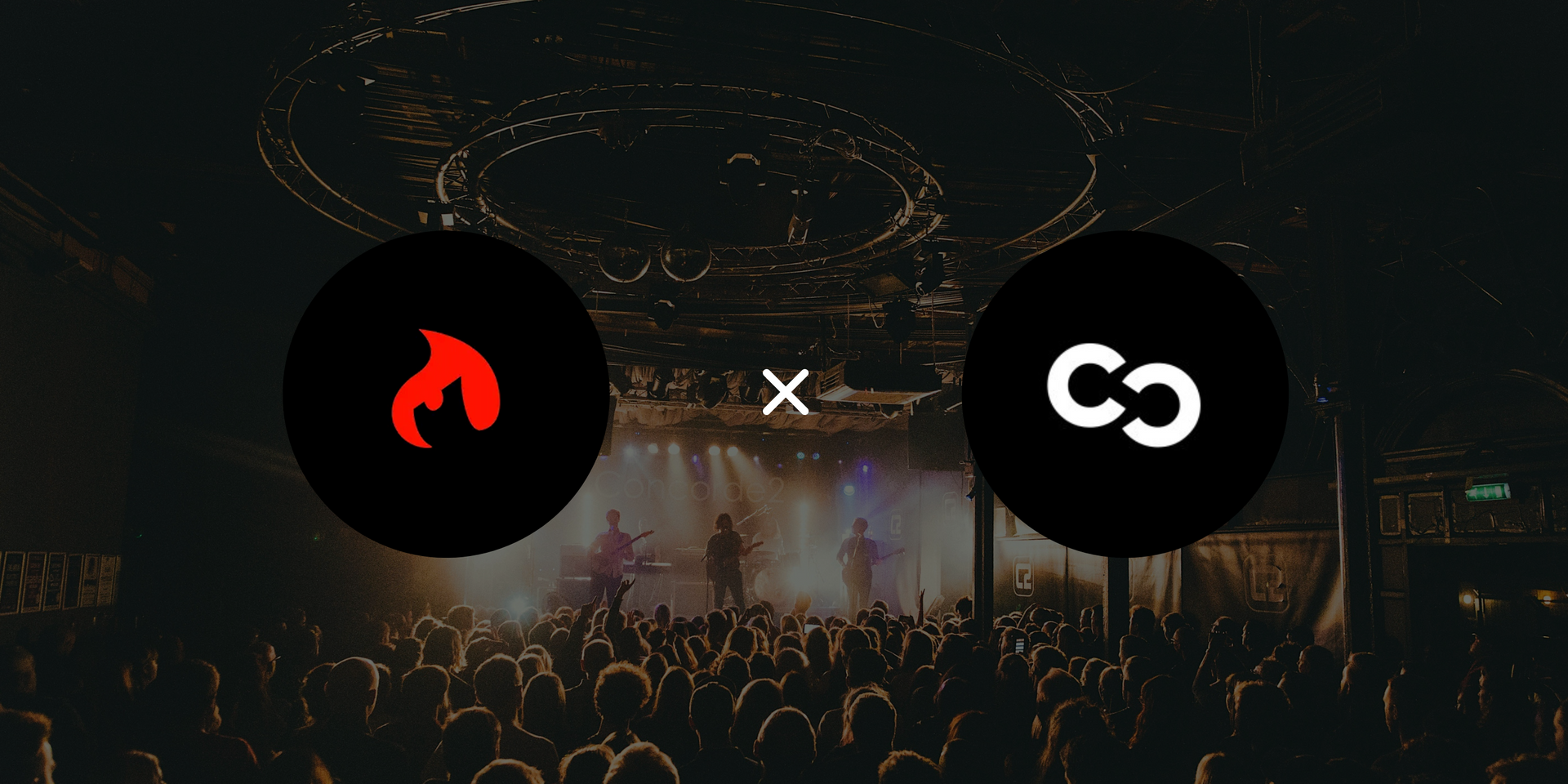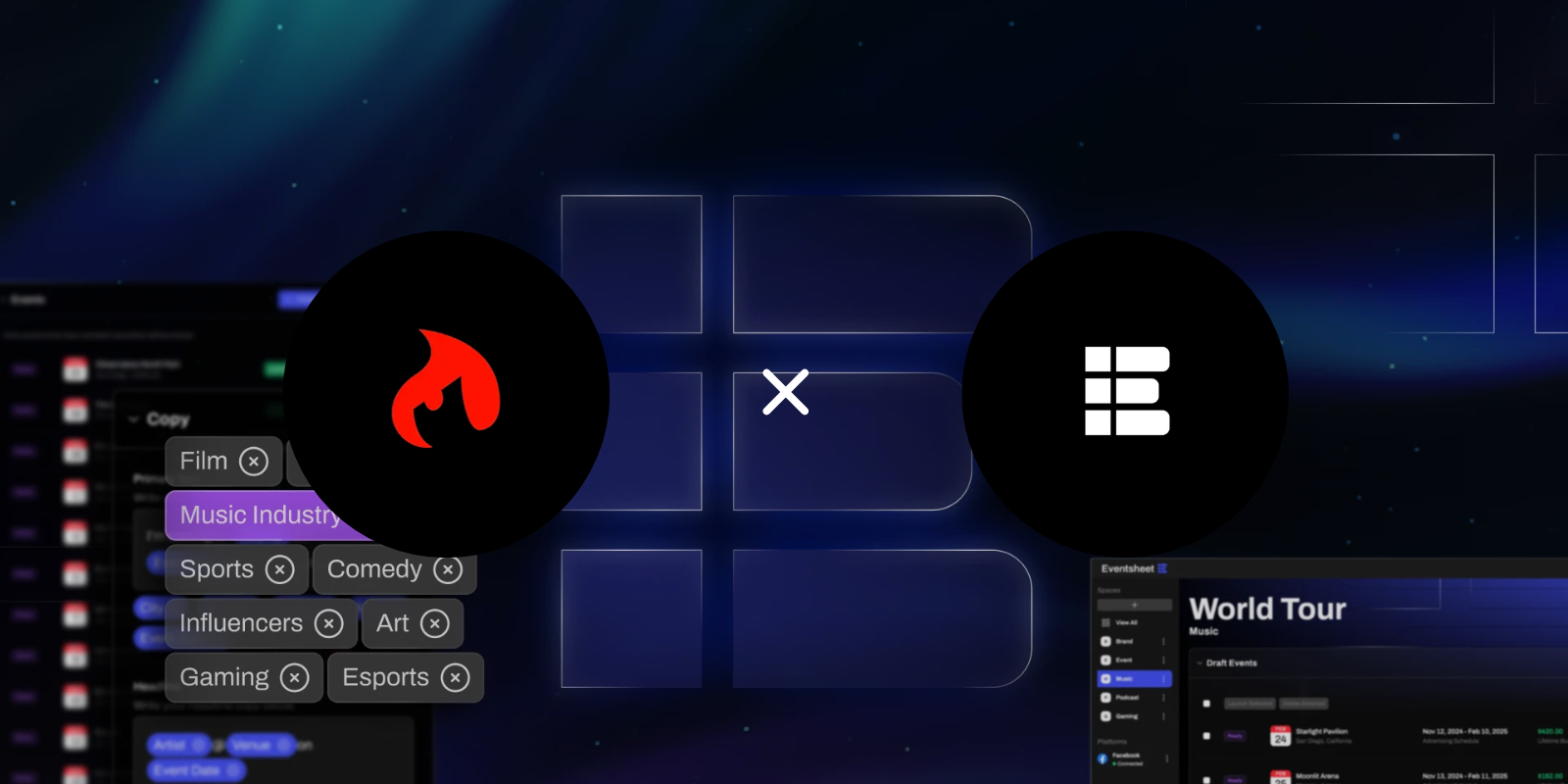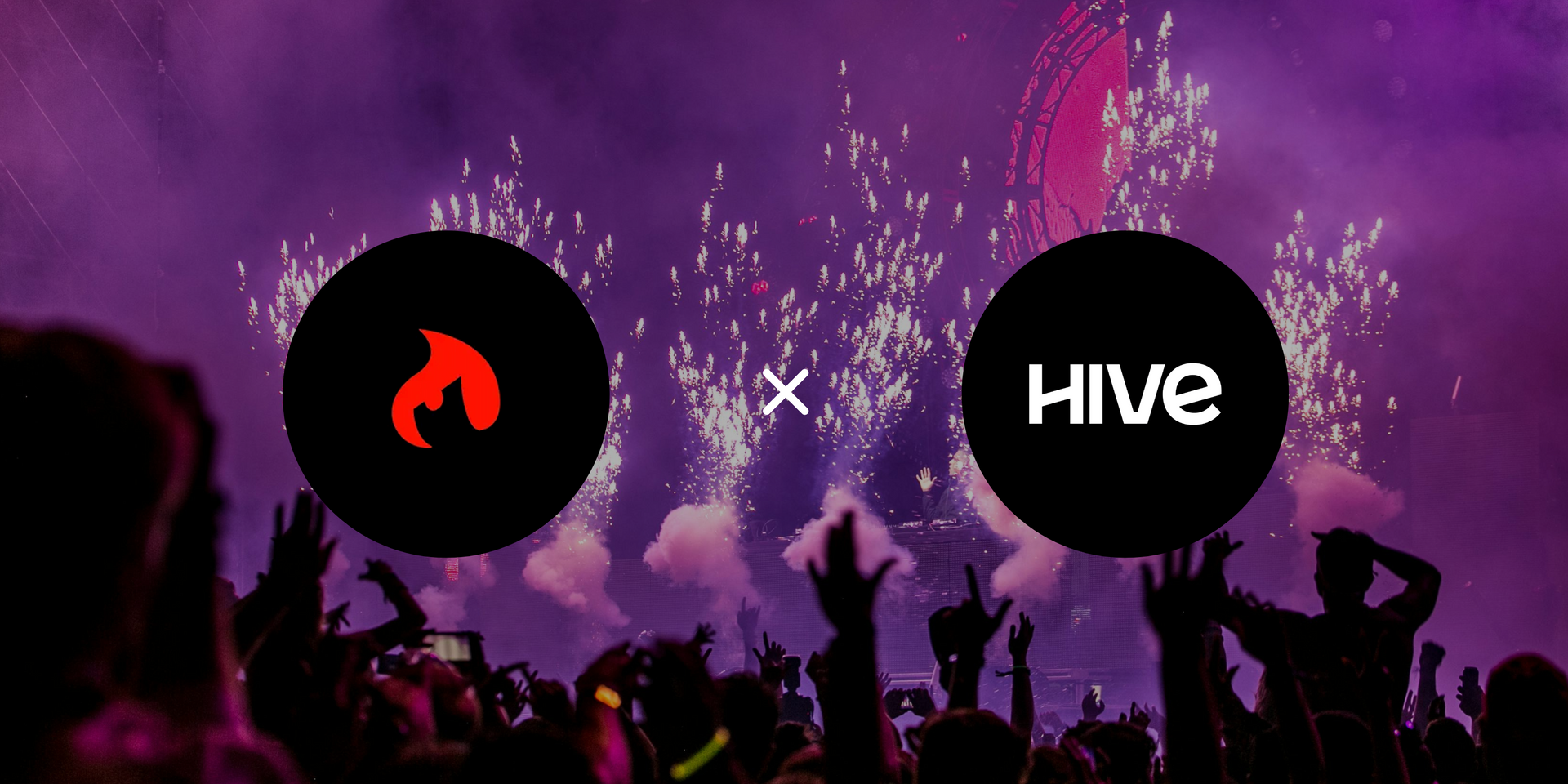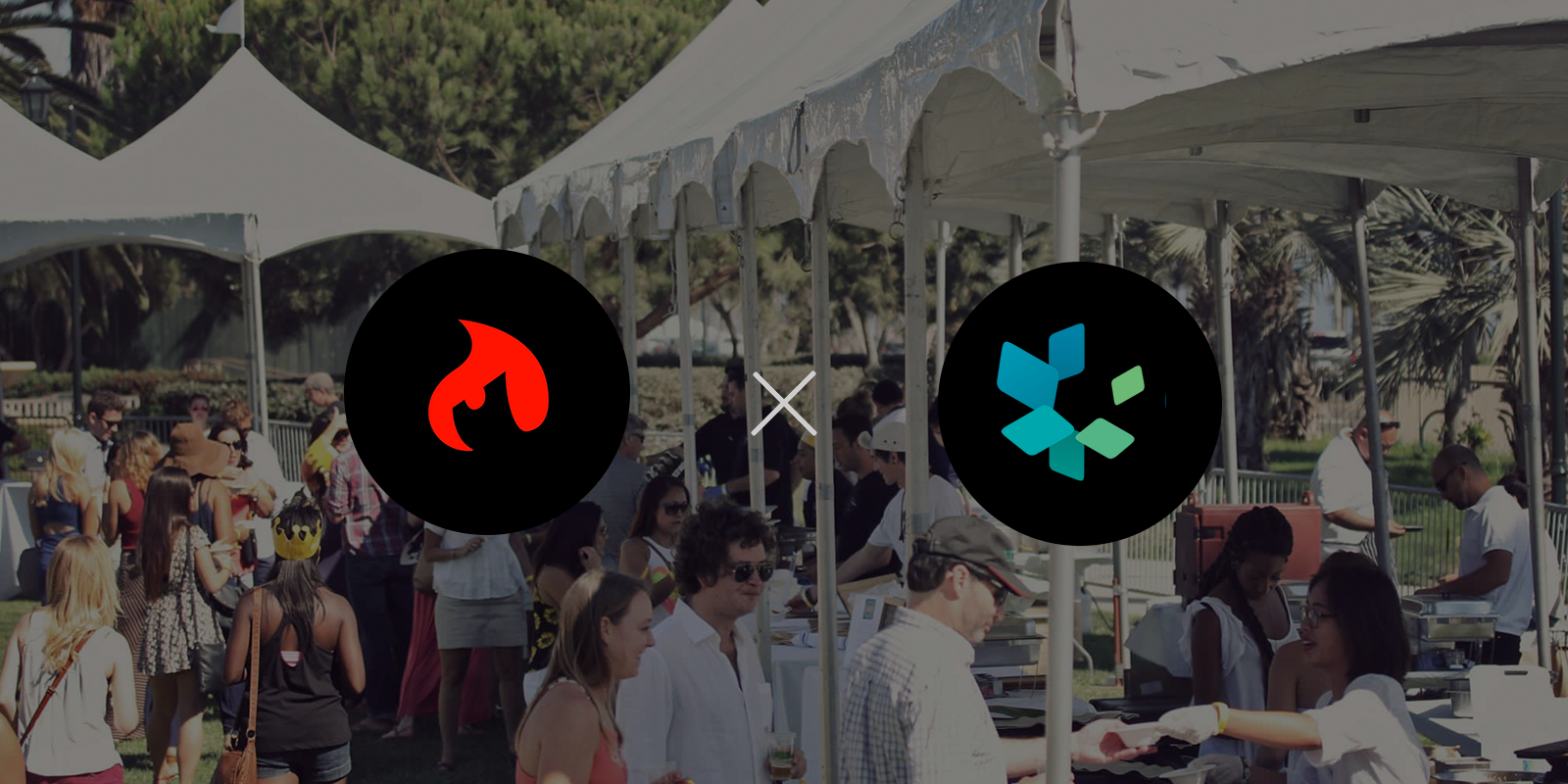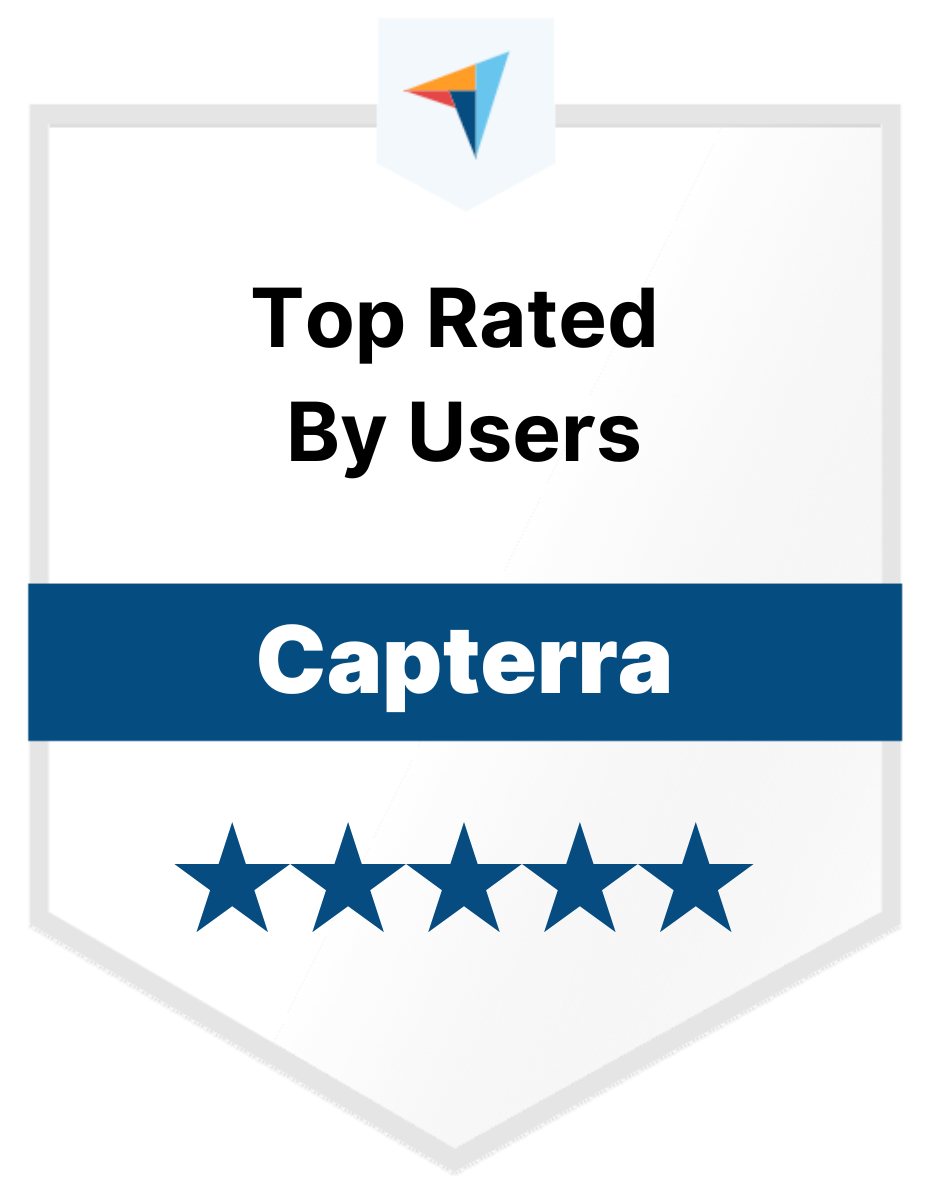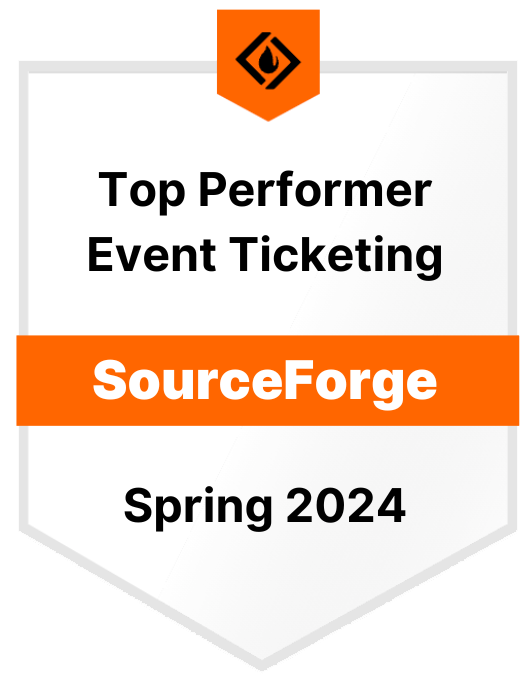Expert Event Marketing Strategies and Tips from FanIQ, a Leading Event Marketing Platform
Recap of the Marketing Webinar with FanIQ
On Thursday July 18th Ticketsauce hosted a marketing webinar with the leading event marketing platform, FanIQ. The goal was to discuss industry trends, what is currently driving success for event marketers and how FanIQ helps their clients sell more tickets across key platforms like Meta, Snap, TikTok and Pinterest.
Our top takeaways:
- Sponsors in Your Ad Content: One of our favorite takeaways was how FanIQ has helped clients weave sponsors into their marketing content. This allows events to include the advertising impressions as part of their sponsor package to ultimately increase sponsorship revenue. This not only helps market the event in a creative way and helps your sponsor deliver their message also supplements your marketing costs.
- Audience/Platform Specific Content: It's no secret that it takes unique creative to reach specific demographics and what intrigues one won't capture another. Additionally, different platforms engage their users in different ways. So, FanIQ stressed the importance of having unique creative that not only speaks to the specific audience you're trying to reach but is also customized to the platform you're pushing it on.
- Unified Reporting Changes the Game: One of the biggest challenges for any marketer is reporting and gauging Return on Ad Spend (ROAS). Ad platforms do not communicate with one another and there are very few ways for your average event marketer to get a complete view of all their campaigns, spend, sales, revenue and ROAS. FanIQ has solved this massive issue with their reporting tool, which extracts data from each platform and presents it in an easy to digest report. Not only can you see your overall performance but you can drill into the specific pieces of content that are driving the most success so you can replicate it with new content. This data driven approach unlocks the ability to quickly iterate your creatives and make smarter decisions eliminating the guessing game of what's going to work and what isn't.
These were the handful of things that stuck out the most to us but there were many more tips, insights and creative strategies that were discussed. You'll have to watch for yourself and see what may inspire you. Also see a summarized transcript below the video.
Sell More Tickets with Ticketsauce
Want to learn more about FanIQ and their services?
Read the Recap
Welcome everyone to our first webinar featuring Fan IQ. This session will focus on marketing, and we're excited to kick things off. We've been planning this for a while, and it's great to see it come to fruition.
Today, we have Jesse and Drew from Fan IQ. I've known them for a few months and am incredibly impressed with their comprehensive approach to campaigns, from initial relationships and onboarding to custom creatives and ad buying, all the way through to detailed reporting. Their thoroughness and quality are exceptional, and I'm thrilled to have Jesse here to share more about their methods.
Fan IQ already works with a few of our Ticketsauce customers, making them familiar with our system, which is crucial for effective marketing and attribution. This webinar will give our clients insights into what makes Fan IQ different and provide tips, ideas, and inspiration. Jesse will cover several topics, and we encourage a conversational atmosphere. Feel free to unmute or drop comments with questions at any point.
Once Jesse covers his agenda, we'll move into a Q&A session, offering an excellent opportunity to ask any burning questions. Without further ado, I'll hand it over to Jesse.
Jesse's Introduction:
Thank you, Dusty, and welcome everyone. I'm excited to start with some industry background and our perspective on the evolving landscape. In our 10 years of experience, we've seen a shift from web-based solutions focused on banner ads to social media solutions. About six years ago, we fully committed to paid social, which has consistently outperformed other mediums, especially as social became more mobile-centric.
Marketing Evolution and Fan IQ’s Approach:
We've moved from a one-to-many advertising model to what we call many-to-one, meaning brands now tell their story in the context of individual user interests. This shift requires more creative content, segmentation, and analysis. Understanding which audiences engage and convert is critical. We focus on creating tailored content for different audiences and platforms, emphasizing the importance of engaging users with relevant content.
Platforms and Content Strategy:
Our primary platforms are Meta (Instagram and Facebook), Pinterest, Snapchat, and TikTok. Each has unique user bases and engagement strategies. For example, TikTok, initially focused on younger users, now resembles a broader market. Snapchat remains the youngest and is a true social network, whereas Instagram and TikTok are becoming more like broadcast mediums.
Our content strategy includes three types:
- Edited B-Roll: Leveraging previous event footage.
- Influencer Content: Using diverse creators to appeal to different lifestyle segments.
- User-Generated Content: Sourcing and using content from past attendees.
Here’s a breakdown of some of our successful campaigns:
- Aftershock Festival: A lineup review video to engage viewers.
- Oceanfront Festival: Influencer-generated content highlighting event features.
- Boots in the Park: Family-focused content to attract a broader audience.
Audience Targeting:
Identifying and targeting the right audience is crucial. We use a mix of known fans and new potential fans, focusing on interests beyond the obvious. For example, targeting lifestyle interests like beauty, fashion, or family-focused events helps us reach new fans effectively.
Content Creation and Customization:
One of the unique aspects of our service is helping clients generate creative content. Many agencies require clients to bring their own creative, but we actively assist in creating tailored content. We use existing footage, influencers, and user-generated content to create a variety of engaging materials. This approach ensures that our partners can effectively communicate with different audience segments.
Reporting and Optimization:
We provide real-time dashboards for comprehensive campaign insights, covering spend, revenue, audience performance, and creative effectiveness. This transparency allows us to make data-driven adjustments quickly. The goal is to ensure all efforts are directed toward achieving the highest return on ad spend (ROAS) and optimizing the cost per acquisition (CPA).
Engagement and Authenticity:
Maintaining engagement without appearing spammy is vital. We aim to show ads only when relevant and avoid repetitive content. Authentic, lifestyle-focused content performs best, ensuring it resonates with the audience.
Q&A Session:
- Frequency and Optimization:
- Question: How often do you review and optimize campaigns?
- Answer: We constantly assess and adjust campaigns based on performance metrics. We initially let ads run for 5-7 days to gather data and then make adjustments. TikTok requires more frequent content rotation than other platforms.
- Metrics for Success:
- Question: What are the main metrics for decision-making?
- Answer: Return on ad spend (ROAS) and cost per acquisition (CPA) are key. Goals vary by partner, some focusing on volume, others on high ROAS. We tailor our approach accordingly.
- Handling Smaller Events:
- Question: How do you support smaller events with limited budgets?
- Answer: We offer templated approaches and focus on core audiences. For example, in minor league sports, we use predefined templates to efficiently communicate the event's value.
- Ad Saturation Concerns:
- Question: How do you avoid ad fatigue and maintain engagement?
- Answer: We limit ad impressions per user and continuously refresh content. Authenticity and relevance are critical to keep users engaged without feeling spammed.
- Content Customization:
- Question: How do you create and customize content for different audiences?
- Answer: We generate a mix of edited b-roll, influencer content, and user-generated content. We source material from past events and match it with stock media and green screen content to create engaging and relevant ads.
- Integration with Sponsorships:
- Question: How do you integrate sponsor content into ads?
- Answer: We help partners create digital inventory for sponsorships, allowing them to engage specific audience segments with sponsor messages. This approach not only drives ticket sales but also fulfills sponsorship obligations.
Closing Remarks:
Thank you, Jesse, Drew, and Tony, for sharing your expertise. This session has been incredibly informative. We'll follow up with the recording and contact information for further inquiries. Stay tuned for more webinars on various topics to help you drive efficiencies and success in your events.
Thank you, everyone, for joining. Have a great day!
